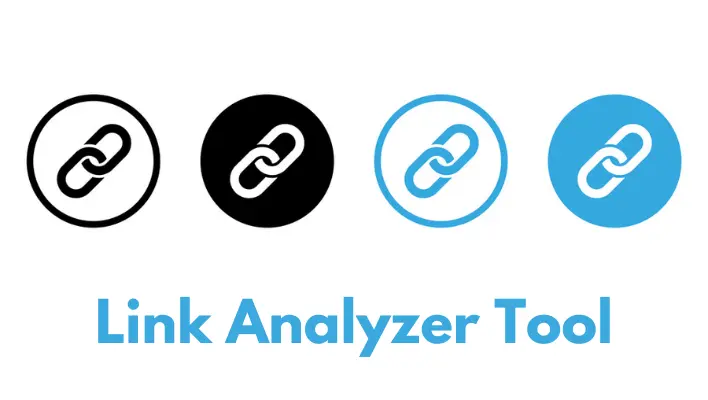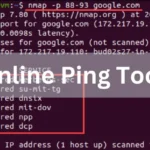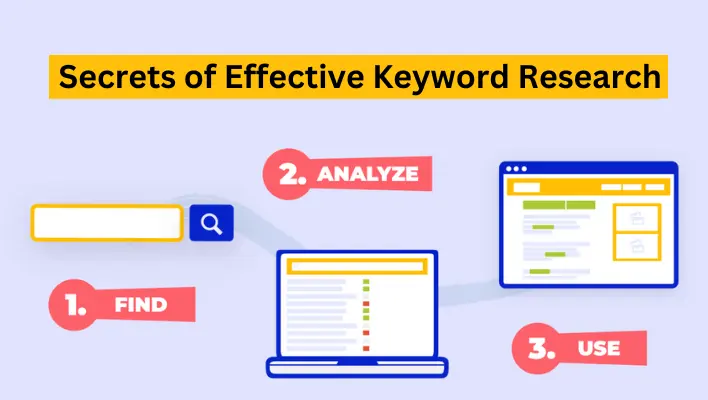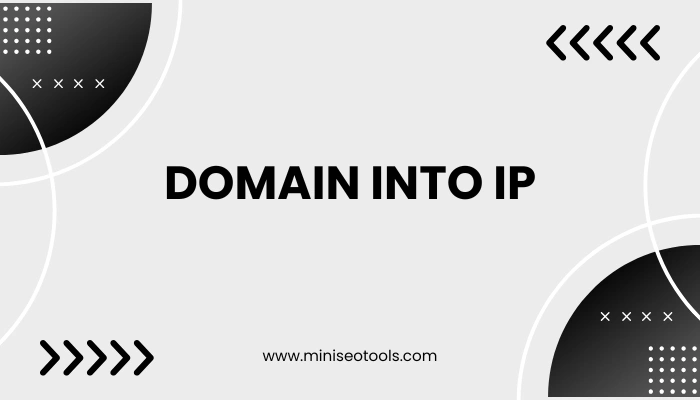How to Enhance Your SEO Strategy with a Link Analyzer Tool
In the dynamic world of digital marketing, staying ahead of the curve is crucial for online visibility and success. One of the key components of a robust SEO strategy is link analysis. Understanding the intricacies of your website’s link profile can significantly impact its search engine rankings and overall performance. This is where a Link Analyzer Tool comes into play. In this article, we’ll delve into the importance of link analysis and explore how utilizing a Link Analyzer Tool can elevate your SEO efforts.
Contents
Understanding the Significance of Link Analysis
Link analysis involves assessing the links that point to your website (backlinks) as well as the internal links within your site. These links serve as pathways that search engine crawlers use to navigate and index your content. As such, they play a pivotal role in determining your website’s authority, relevance, and overall ranking in search engine results pages (SERPs).
The Role of a Link Analyzer Tool
A Link Analyzer Tool is designed to provide in-depth insights into your website’s link profile. It offers a range of features to analyze both external and internal links, helping you identify opportunities for improvement and areas that require attention. Let’s explore some key functionalities of a Link Analyzer Tool:
1. Backlink Checker:
A Backlink Checker is a fundamental feature of a Link Analyzer Tool. It allows you to scrutinize the quality and quantity of backlinks pointing to your website. By evaluating factors such as domain authority, anchor text, and the authority of linking domains, you can assess the strength of your backlink profile and identify any toxic or spammy links that may be harming your SEO efforts.
2. Link Audit Tool:
A Link Audit Tool enables you to conduct a comprehensive audit of your website’s link profile. It helps you identify and rectify any issues such as broken links, redirects, or missing alt attributes. By ensuring that your links are functional and optimized, you can enhance user experience and improve your site’s crawlability and indexability.
3. External Link Analyzer:
An External Link Analyzer focuses on analyzing the outbound links from your website to other domains. It helps you evaluate the relevance and authority of the external sites you’re linking to, ensuring that you’re providing value to your audience and adhering to best practices for linking.
4. Internal Link Analyzer:
An Internal Link Analyzer examines the internal linking structure of your website. It helps you optimize the flow of link equity and distribute it strategically across your site. By interlinking relevant pages and creating a logical hierarchy, you can improve navigation, enhance user engagement, and boost the authority of key pages.
5. SEO Link Analyzer:
An SEO Link Analyzer provides insights specifically tailored to improve your SEO performance. It identifies opportunities for link building, highlights areas for optimization, and helps you track the impact of your link-building efforts over time. By aligning your link strategy with SEO best practices, you can enhance your website’s visibility and attract more organic traffic.
6. Website Link Checker:
A Website Link Checker scans your entire website to identify any broken or dead links. It ensures that visitors are not met with error pages when navigating your site, which can negatively impact user experience and hinder your SEO efforts. By regularly monitoring and fixing broken links, you can maintain a seamless browsing experience and preserve the integrity of your website.
7. Link Building Tool:
A Link Building Tool assists you in identifying opportunities to acquire high-quality backlinks from reputable websites. It helps you conduct competitor analysis, discover relevant websites for outreach, and track the progress of your link-building campaigns. By adopting a strategic approach to link building, you can strengthen your website’s authority and credibility in the eyes of search engines.
8. Link Monitoring Tool:
A Link Monitoring Tool enables you to monitor the performance of your links in real-time. It provides alerts for new backlinks, changes in link metrics, and potential issues such as a sudden drop in rankings. By staying vigilant and responsive to changes in your link profile, you can proactively address any issues and maintain a healthy and competitive SEO strategy.
Conclusion
In the competitive landscape of online marketing, leveraging the power of link analysis is essential for achieving sustainable SEO success. A Link Analyzer Tool empowers you to gain valuable insights into your website’s link profile, identify areas for improvement, and implement strategies to enhance your visibility and authority in search engine results. By incorporating a Link Analyzer Tool into your SEO toolkit, you can unlock the full potential of your website and drive meaningful results for your business.



















